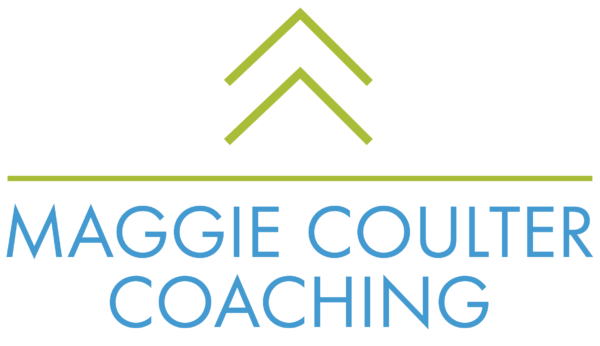Practice is Progress
The situation:
My last blog post spoke to the struggles I had coming up with ideas for what to do next and how process-based living emerged as a result of that struggle.
My story actually starts before I made the decision to start my own business, back to a time to which many of you can probably relate:
While I was successful in my financial technology career – building a credible reputation, lobbying for new promotions, paying off my mortgage – I was far from being happy, or satisfied.
In fact, I dreaded going on my annual holidays because I knew that halfway through my week away I’d start thinking about having to come back again, and that prospect would ruin the rest of my vacation. I’d work up myself up into a stress-filled mess, and then have to go back into the office exhausted after what was supposed to be a restful time away.
During my lunchtime at work, I’d sit outside or go for a walk and then wage a mental battle about going back inside. I really just wanted to walk away from the office building and never come back.
It simply wasn’t the right kind of work or environment for me and my sensitive temperament, and I was able to cultivate few genuine relationships with my colleagues. I was lonely, bored, and still had a long way to go in terms of speaking up in support of my values.
Then, I was diagnosed with cancer. Stage III, which isn’t great, but I was told I had a 95% chance of beating it in the first round of treatment (6 months of chemotherapy).
Unfortunately, I ended up being one of the 5%. I had to undergo more chemo followed by a stem cell transplant and radiation, which seemed to do the trick. I’ve been “cancer-free” for almost 10 years now.
I returned to work but was missing more than just my hair. After the experience of being treated for cancer, I somehow lost the motivation to keep doing the work I didn’t really want to do.
I still worked hard but it seemed to take more effort than before. I found myself taking more breaks by surfing the internet (mostly looking for statistics on relapse post-transplant) or skipping out to do some writing in a nearby food court.
I started applying to other jobs in the hopes that a new environment would make things better. I took more writing courses, just in case that turned into something.
Finally, I realized I would have to leave without having a good plan for moving forward.
I hired a coach to help me figure out how to market myself as a freelance business writer as an interim step, and waited for the day I was ready to quit. It didn’t take long. I resigned in March 2009, and by May 2009 I had signed up for my first coaching course – that’s when I struggled again to come up with ideas for what to do next which led to the practices for process-based living (an alternative to traditional goal-setting), and here I am today; the founder of a growing company that supports people in transition and provides leadership for engaging with life in a process-based way.
The opportunity:
Cancer gave me the impetus to change more quickly than I might have without it. Not everyone gets an “opportunity” like that though (nor do they necessarily survive it, regrettably).
Thankfully, I don’t have cancer anymore and I hope I don’t ever have to go through something like that again, or depend on such a traumatic experience to convince me to make necessary changes in my work and life.
That’s where my process (and your unique process) makes a difference: without having to wait for something extreme to happen, the changes we most want in life can occur as a direct result of identifying and adhering to our own practices with intention.
The practice:
The key word is intention, which sounds like work but once you’ve identified the practices in your process, you realize how easy and motivating it is to do what you already do best.
Examples for me include: reflecting in writing each day, making meaning of signs or coincidences, daring to do what scares me most. By tracking each of these kinds of practices daily, it sets you up to have more fun, feel more productive and gain a sense of accomplishment and progress every single day, no matter what goes on in your life. This increases your self-trust and confidence which allows you to take bigger leaps and try greater things than before.
How would you like to increase your self-trust and confidence so you can take bigger leaps and try greater things than you ever have before?
It starts by identifying the practices that support you through constant change, new learning and growing, and treating them as a process for helping you know what to do next at any moment. You’ll also manage any anxiety and self-doubt more effectively along the way.
Here are some reflective questions to get you started.
For your own reflection:
- What kinds of changes are you going through in your life right now? (age-, career-, or family/friends-related)
- What helps you most in dealing with these changes? (talking or writing about it, exercising, planning, reading a good book or seeing a movie)
- How do you imagine your life might be different if you focused on these “practices” with daily intention (thereby lessening your attention on thoughts about where you should be in life and how you should be acting)?
Note: for a free guide to identifying your own practices and process, please sign up for the Process-Based Living newsletter on our Home page.
